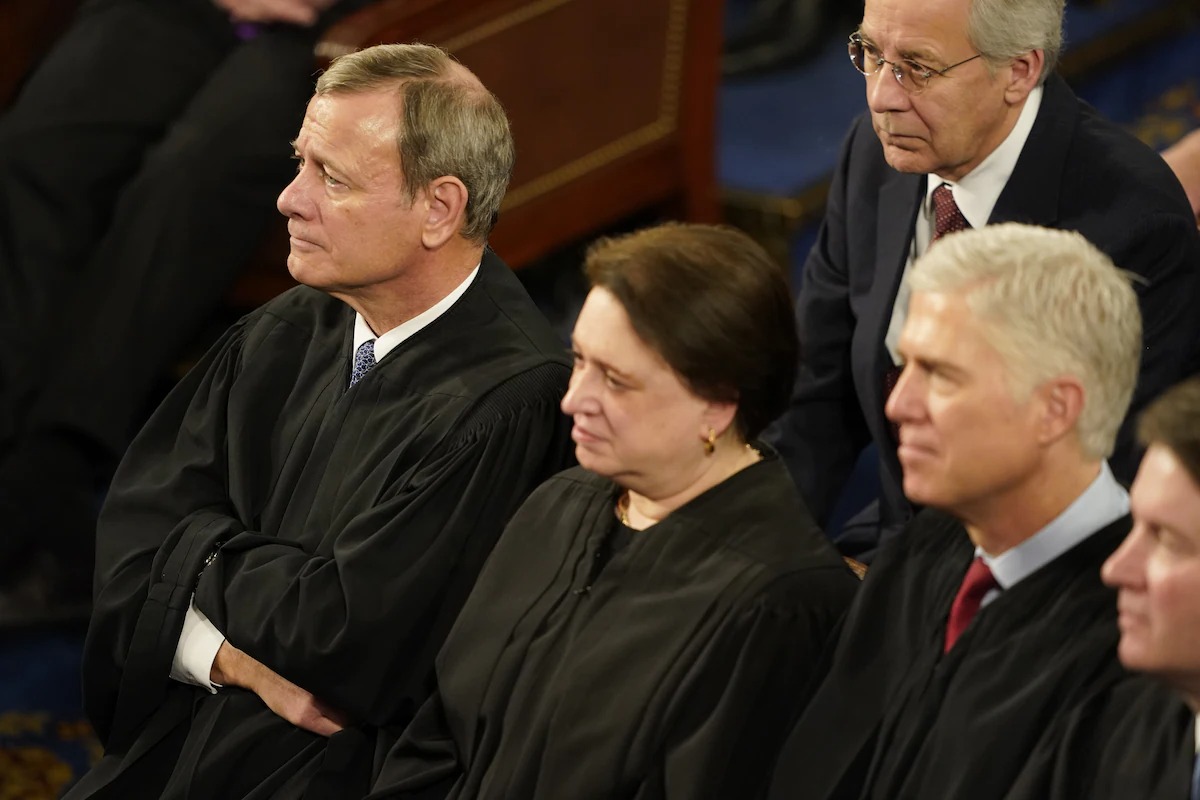The Supreme Court’s forthcoming decision in the case regarding former President Donald Trump’s eligibility for the ballot could have significant implications for the 2024 election. The case centers on whether Trump can be disqualified from the ballot over his efforts to challenge the results of the 2020 election.
The Colorado Supreme Court previously ruled that Trump is ineligible for the state’s primary, citing a post-Civil War constitutional provision aimed at preventing those who “engaged in insurrection” from holding office.
The resolution of this case, expected as soon as Monday, would remove uncertainty about the status of Trump’s candidacy in the upcoming primary elections.

Trump, the leading Republican candidate for president, faces disqualification from the ballot in multiple states, including Illinois and Maine, pending the outcome of the Supreme Court case.
The Supreme Court’s decision in this case is particularly noteworthy because it involves the interpretation of Section 3 of the 14th Amendment, a provision that has never been ruled on by the court before.
The court’s willingness to hear arguments and issue a decision on this issue underscores its importance in shaping the future of Trump’s candidacy.
In addition to the ballot eligibility case, the Supreme Court has also agreed to hear arguments in late April regarding whether Donald Trump can be criminally prosecuted on election interference charges, including his alleged role in the January 6, 2021, attack on the U.S. Capitol.
This decision raises questions about whether Trump will face trial before the November election, as he currently faces 91 criminal charges in four prosecutions.
The Supreme Court’s decisions in these cases could have far-reaching implications for Trump’s political future and the 2024 election. The court’s willingness to address these issues underscores the importance of legal and constitutional questions surrounding Trump’s candidacy and potential criminal liability.


